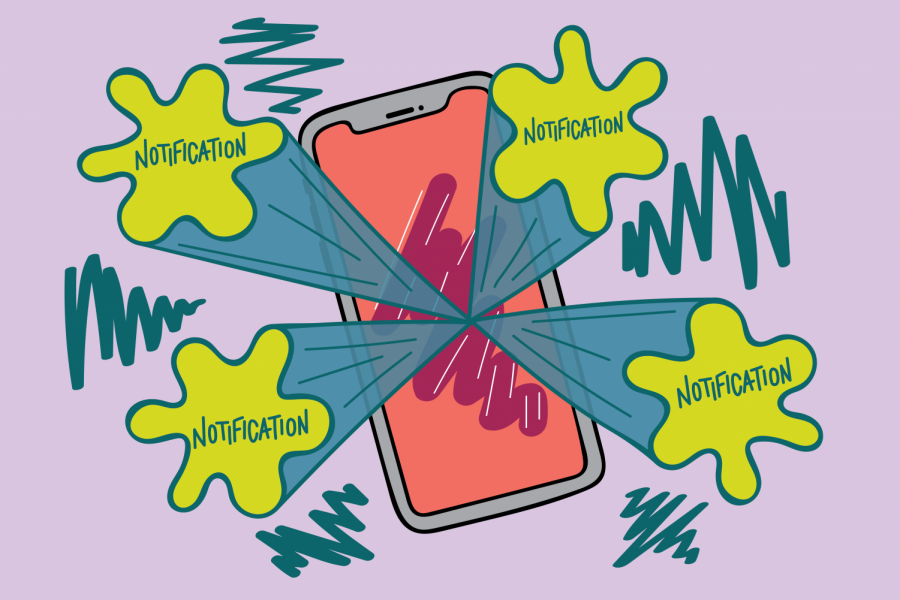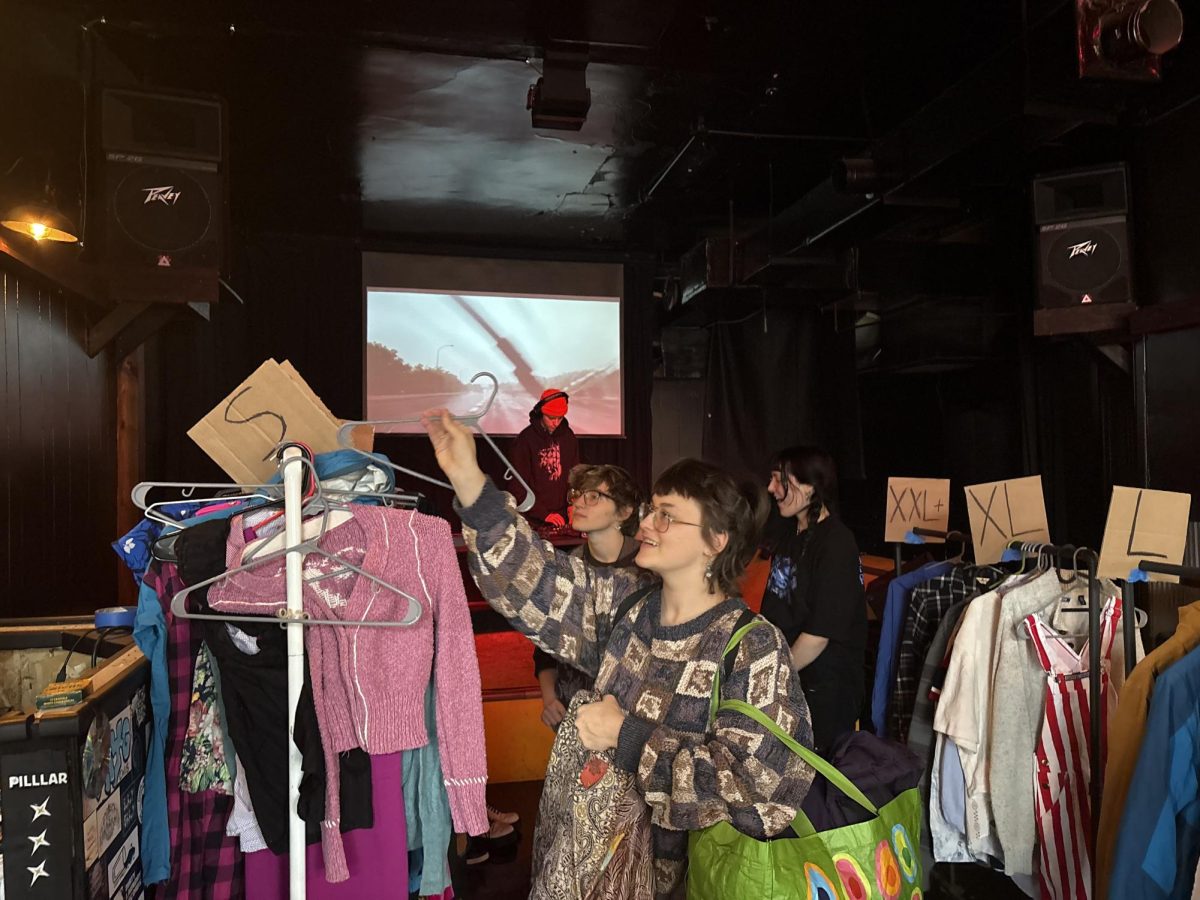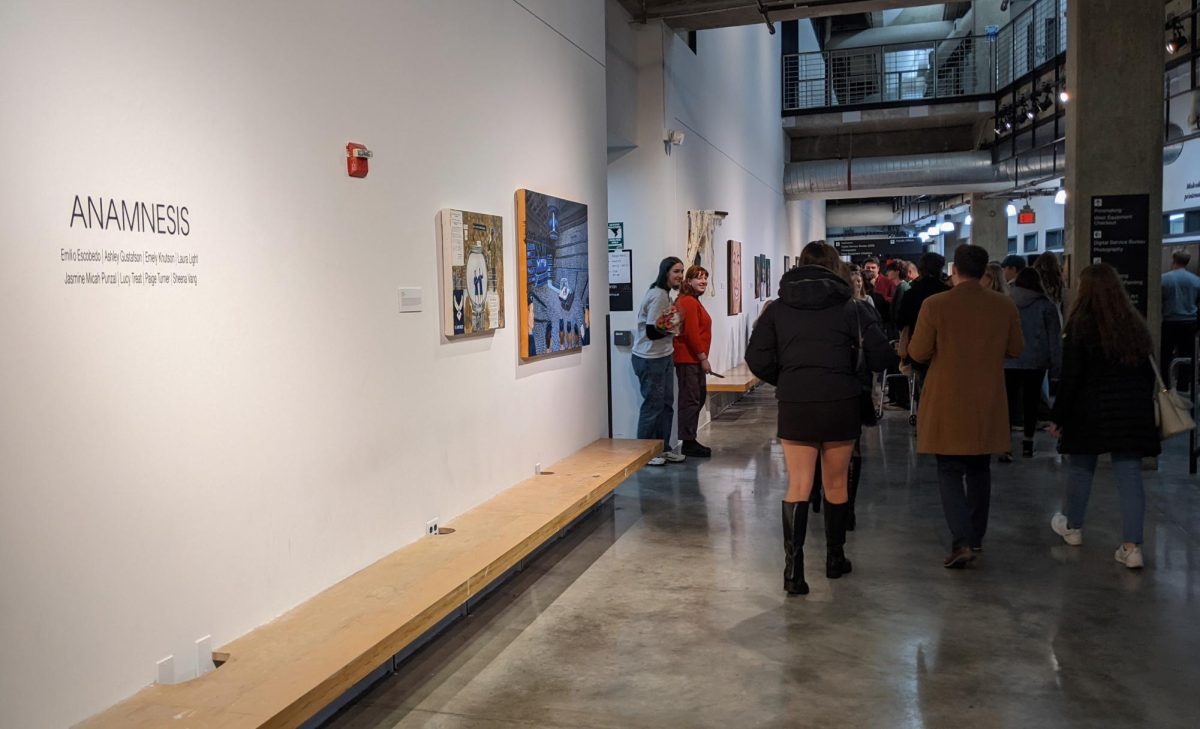Although social media is designed to help us connect with one another, it can often make us feel disconnected from other parts of our lives.
“I just needed to be in reality more than on my phone,” Bre Hess, a fourth-year student,
said. Hess experienced this consequence as a result of her compulsive Snapchat usage.
Between doomscrolling on Twitter and the endless stream of tailored content on our TikTok For You pages, it’s easy to unconsciously rack up hours of screen time.
There are plenty of benefits to using social media: it can be a tool for education, raising awareness and fostering connection – especially during the pandemic. But our relationships with social media can quickly take a turn for the worse and deleting the apps isn’t always a sustainable solution. Thankfully, there are some simple steps you can take to help get your social media habits back on track.
Dr. Kaz Nelson is an associate professor in the Department of Psychiatry and Behavioral Sciences at the University of Minnesota Medical School and defines unhealthy habits as “continued use of something despite harmful consequences.”
Unhealthy habits related to social media use aren’t without reason. In fact, Nelson noted the physiological basis for our dependency on social media.
“Humans are evolved to be social creatures and to be plugged into one another in community,” she said. “There’s reason to believe that engaging in social media increases our connectedness, and our brain pays attention to it and sees it as rewarding.”
Nelson explained the unhealthy habits contributing to problematic social media use can be broken down into various categories. The first is having trouble controlling your usage. For example, you might be experiencing cravings or strong urges to engage in social media despite wanting to use it less. Another category has to do with social problems, which could arise when social media use impairs you from completing other tasks or leisure activities.
In terms of curbing these habits, the solutions are nuanced.
“I think many people will find that standard tips, tricks and tools likely represent an oversimplification of problem solving,” Nelson said. “Moderation is the goal, and that’s actually the most difficult thing to achieve for many people.”
One thing Nelson recommends is tapping into body flags, or physical cues that tell us when it’s time to disengage. She explained that being aware of sensations like a sinking feeling in your stomach or a buzzing in your head, could signal a break from scrolling is needed.
“It’s very easy with these screens and virtual environments to dissociate from the body. With practice, the goal is that we can continue to engage in these types of technologies without losing track of the body and its signals,” Nelson said.
The key to improving Hess’ relationship with these platforms was turning off their notifications. She said she did this for Snapchat and it resulted in her using the app far less frequently.
“I stopped obsessively checking my phone for notifications throughout the day because I knew they wouldn’t be there,” she said. “Overall I got less attached to the app, and it’s really freeing.”
Olivia May graduated from the University in 2021. She has accumulated over 9,000 followers on TikTok, where she posts Minnesota-specific lifestyle videos. Once she realized she was constantly refreshing the app to look at her amount of likes, she turned off TikTok notifications entirely.
“If I want to go on TikTok, then I have to make the choice to go on TikTok,” May said. “I felt like I had a little more agency in that way.”
A few years ago, May also removed around 500 followers from her Instagram, which she said helped take her focus away from the numbers and analytics of her account.
“I like the fact that I’m engaging with people that actually care about me,” she said.
Lauren Arthur, a third-year at the University, shared a similar experience with taking control of her Instagram following. Upon realizing she felt she was being judged by certain people, Arthur removed around 1,000 of her followers and unfollowed 200 accounts.
“If you have a bunch of random people following you, you’re putting stuff out there for them to perceive you in a certain way, and not just because it’s something you’re proud of or want to update people on,” she said.
After taking this step, Arthur said her relationship with social media improved.
“I’m posting stuff that I actually care about,” she said. “Nothing I’m posting is to make a reflection of me … the people who I’m letting follow me already know who I am.”
For those looking to curb their problematic social media use, Arthur also recommends taking a short break from the apps to examine your reasons for using them and to focus on those objectives moving forward.
“Think about how you want to use it as a tool for your life,” she said. “For me, the tool I wanted it to be was just to enhance my real life, not my life in the internet world.”








